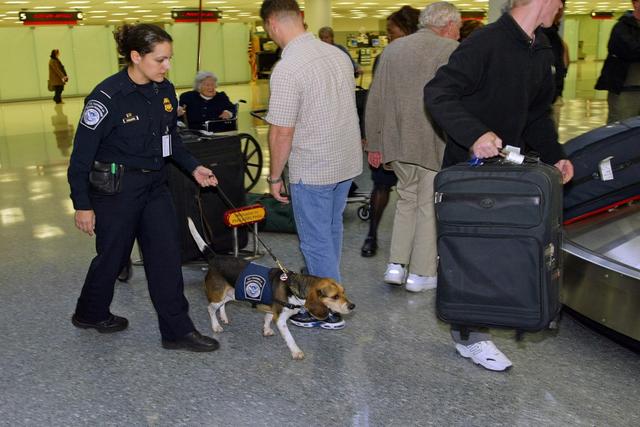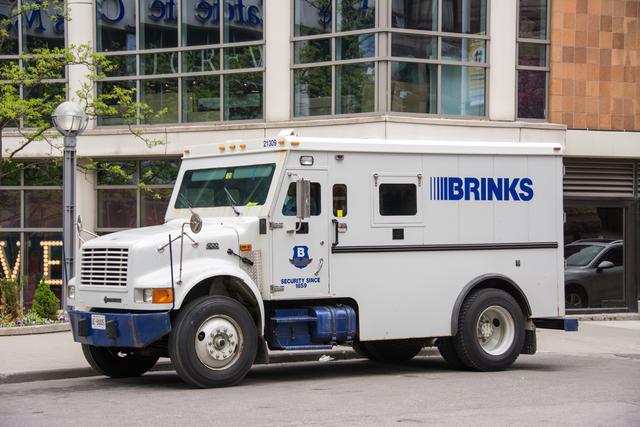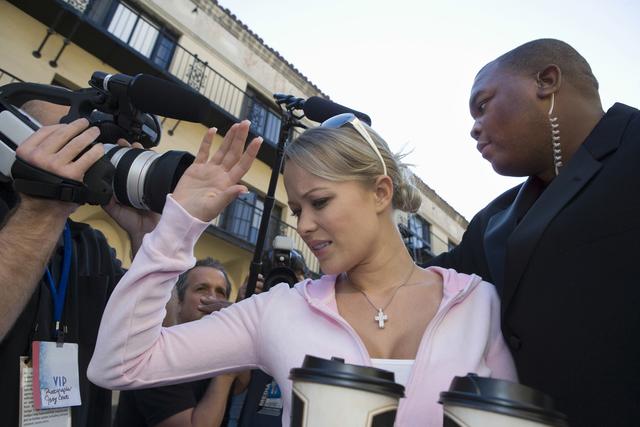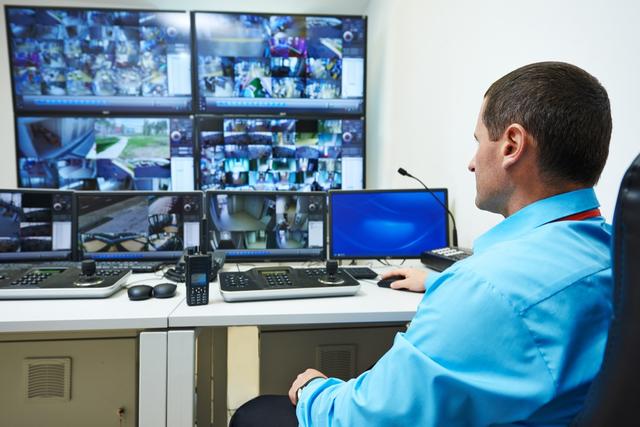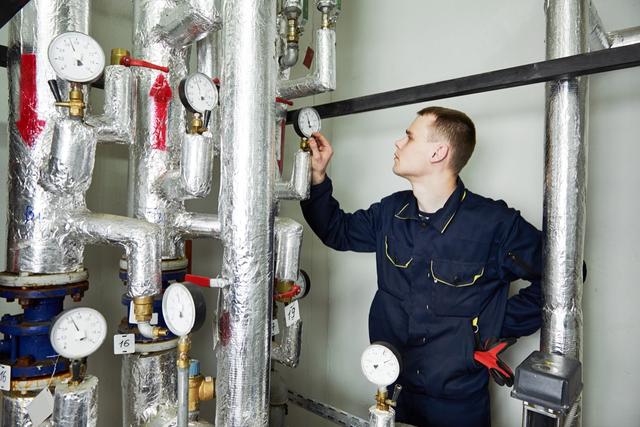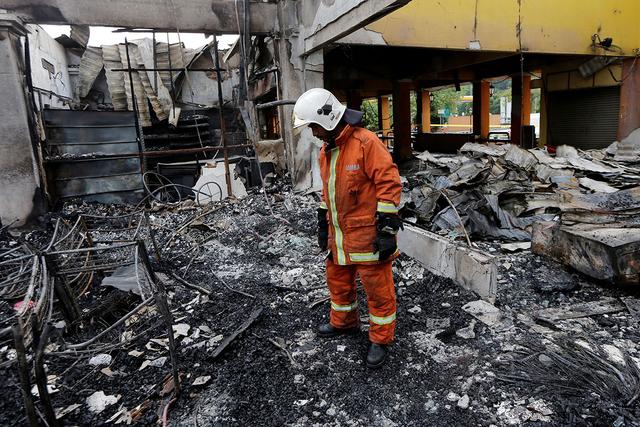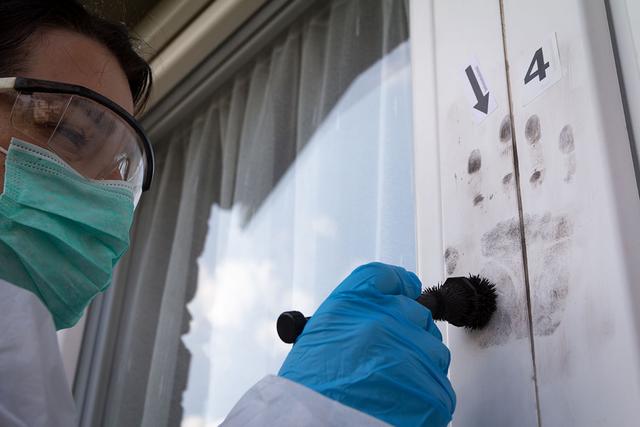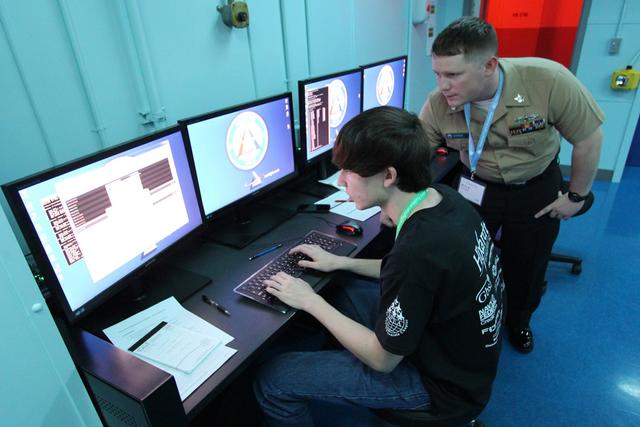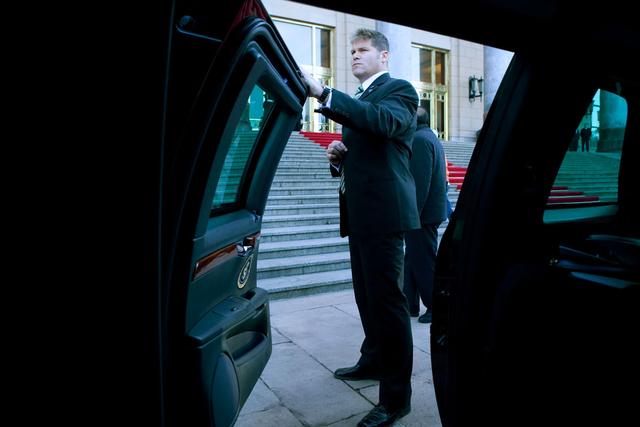Security and Investigation

Overview
Although governments employ nearly 3.5 million protective service workers, it is impossible for police and other government agents to oversee every situation where crimes can occur. For example, it is estimated that about 1.33 percent of retail sales is lost to shoplifting or employee theft, according to a National Retail Security Survey. In 2018, victims reported approximately 7.2 million property crimes in the U.S., 5.2 million of which were larceny/theft, including theft of items from motor vehicles. Even though the rate of these crimes actually diminished considerably over the preceding 15 years, businesses and private citizens have increasingly turned to private security companies, including alarm system services, for detection of and protection from crime. Insurance companies have encouraged the growth of the private security industry, mostly by charging lower premiums to homeowners and businesses using security services, and to a small extent by hiring private detectives to investigate insurance fraud.
The private security and investigation industry actually consists of two industries recognized by the Bureau of Labor Statistics and the Census Bureau: investigation, guard, and armored car services; and security systems services. In the former industry, the prominent occupations are security guards, bodyguards, private detectives, and investigators. The latter industry is dominated by security alarm installers and repairers, plus sales workers and clerical staff.
The investigation, guard, and armored car services industry employs more than 687,470 security guards, including those who are stationed in bank lobbies, those who monitor closed-circuit television feeds at shopping malls, those who patrol the grounds of office parks with dogs at night, and those who staff the security desks in corporate office buildings. Bodyguards are security guards assigned to protect individuals. The industry employs fewer than 5,000 workers as armored car guards...
